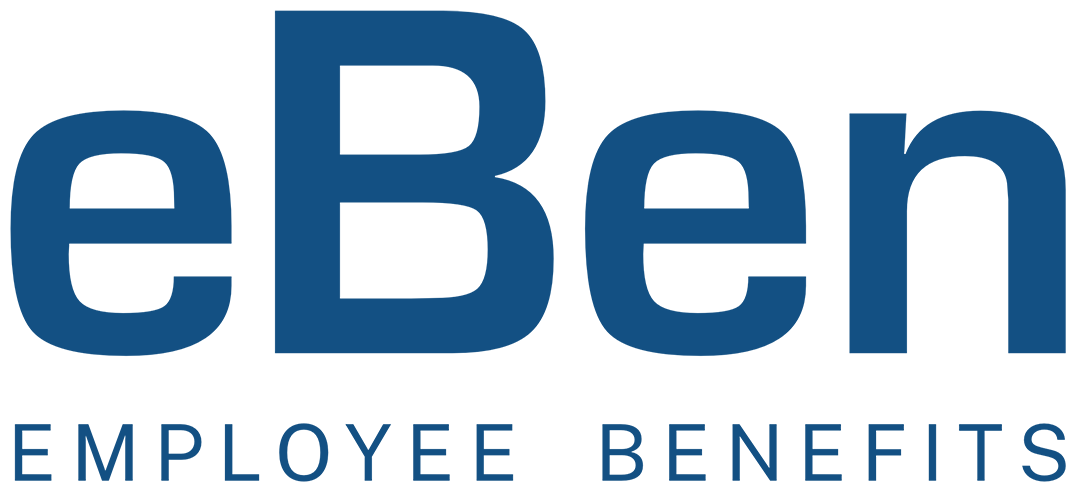Non-Discrimination Testing (NDT) is a process used to ensure that employers offer equitable benefits to both highly paid and non-highly-paid employees. The IRS mandates non-discrimination testing for any employer who offers plans that are governed by Section 125 of the Internal Revenue Code, which includes Flexible Spending Accounts (FSAs).
This type of testing is also essential for self-insured medical plans (SIMPs) and health reimbursement arrangements (HRAs), although they are not part of Section 125.
What Is the Purpose of Non-Discrimination Testing?
 This IRS-mandated evaluation of employee health, retirement and welfare plans was created to give all employees access to equal benefits, notwithstanding their position within the company.
This IRS-mandated evaluation of employee health, retirement and welfare plans was created to give all employees access to equal benefits, notwithstanding their position within the company.
Today, non-discrimination testing is an important component of the Employee Retirement Income Security Act (ERISA), which requires a minimum investment in health care and retirement plans.
Although businesses can offer specific benefits to employees of different tiers, benefits that are covered by non-discrimination testing must be equally offered to all staff.
The IRS relies on information collected through non-discrimination testing to:
- Ensure that businesses meet tax criteria
- Check that all employees receive equal, non-taxable benefits
- Sustain safe harbor provisions to reduce or eliminate a company’s liability
What Non-Discrimination Tests are Required and When are They Due?
The types of non-discrimination tests required by a particular company will depend on what benefits they offer employees. Section 105 health plans, such as dental and vision insurance, retirement plans and FSAs that provide tax-free benefits, are all examples of benefits subject to NDT.
Here is a look at some types of benefits plans and the tests required for each:
- Section 105 Plans (e.g., HRAs, health FSAs and self-insured medical plans) – Requires eligibility test and benefits test
- Cafeteria Plans (Section 125) (e.g., HSAs) – Requires eligibility test, benefits test and key employee concentration test
- Dependent Care Plans (Section 129) – Requires eligibility test, benefits test, 55 percent average benefits test and more than 5 percent owners concentration test
- Group Term Life Insurance – Requires eligibility test and benefits test
- Retirement Plans (Section 125) (e.g., 401(k)) – Requires ADP test, ACP test and top-heavy test
 Non-discrimination tests are annual tests and these reports must be retained by the employer as a part of their corporate records for each plan year. Ideally, businesses should perform these tests in advance to ensure that they have ample time to take corrective action if needed to comply with IRS guidelines.
Non-discrimination tests are annual tests and these reports must be retained by the employer as a part of their corporate records for each plan year. Ideally, businesses should perform these tests in advance to ensure that they have ample time to take corrective action if needed to comply with IRS guidelines.
The IRS mandates that employees pass each relevant annual test to avoid non-compliance. Here is a closer look at these tests and what type of information they include:
1. Eligibility Test
An eligibility test compares the relative portion of highly compensated employees who benefited from the plan with the portion of non-highly compensated employees who benefited from the plan.
2. Contributions & Benefits Test
Also known as the Utilization Test, the Contributions and Benefits Test requires a plan to give each participant an equal opportunity to choose non-taxable benefits. In addition, eligibility rules, employer contributions and waiting periods should all be uniform among participants.
3. Key Employee Concentration Test
A key employee concentration test used to compare the ratio of non-taxable employee benefits offered to key employees under a cafeteria plan to the non-taxable benefits offered to all employees.
The test requires that the key employee benefit not exceed 25 percent of the total coverage offered under the plan to all employees. Owners and officers of the employer are considered key employees.
4. 55% Average Benefit Test
Also referred to as the Dependent Care Test, the 55% Average Benefits Test requires that the average dependent care reimbursement account contributions that are made by non-highly compensated workers must be greater or equal to 55 percent of the average contributions made by highly compensated workers.
The 55% Average Benefits Test is often considered one of the most important non-discrimination tests and is one commonly failed by employers.
What Happens If a Business Fails a Non-Discrimination Test?
 Once testing is completed, businesses can receive their results in a matter of minutes after uploading the completed template. If the results report reveals that a business failed the test, the business will need to review the recommendation section located at the end of the Results report.
Once testing is completed, businesses can receive their results in a matter of minutes after uploading the completed template. If the results report reveals that a business failed the test, the business will need to review the recommendation section located at the end of the Results report.
These instructions will provide businesses with the necessary steps to take to bring their plans into a passing status. Ideally, a business should work with a benefits consultant to ensure that its plans meet IRS specifications.
Speak with an Experienced Employee Benefits Consultant
While employees are responsible for a wide range of tasks, it is important not to overlook non-discrimination testing. Businesses that must perform these tests can work with a benefits consultant to ensure that their benefits plans are accessible and equitable for all employees.
The highly-qualified benefits consultants at eBen understand the complexities of non-discrimination testing laws and regulations and work alongside businesses to ensure that they remain compliant and avoid hefty penalties.
For more information about non-discrimination testing or how our team can help you achieve compliance, contact us through our online contact form or call (910) 518-9338.


